Top cop’s warning to cold case killers: ‘We will never give up’
DAYS after police finally discovered Colleen Adams’s body, ending a 45-year quest for justice, SA’s top homicide detective has warned more than 100 fugitive killers they are also in his sights.
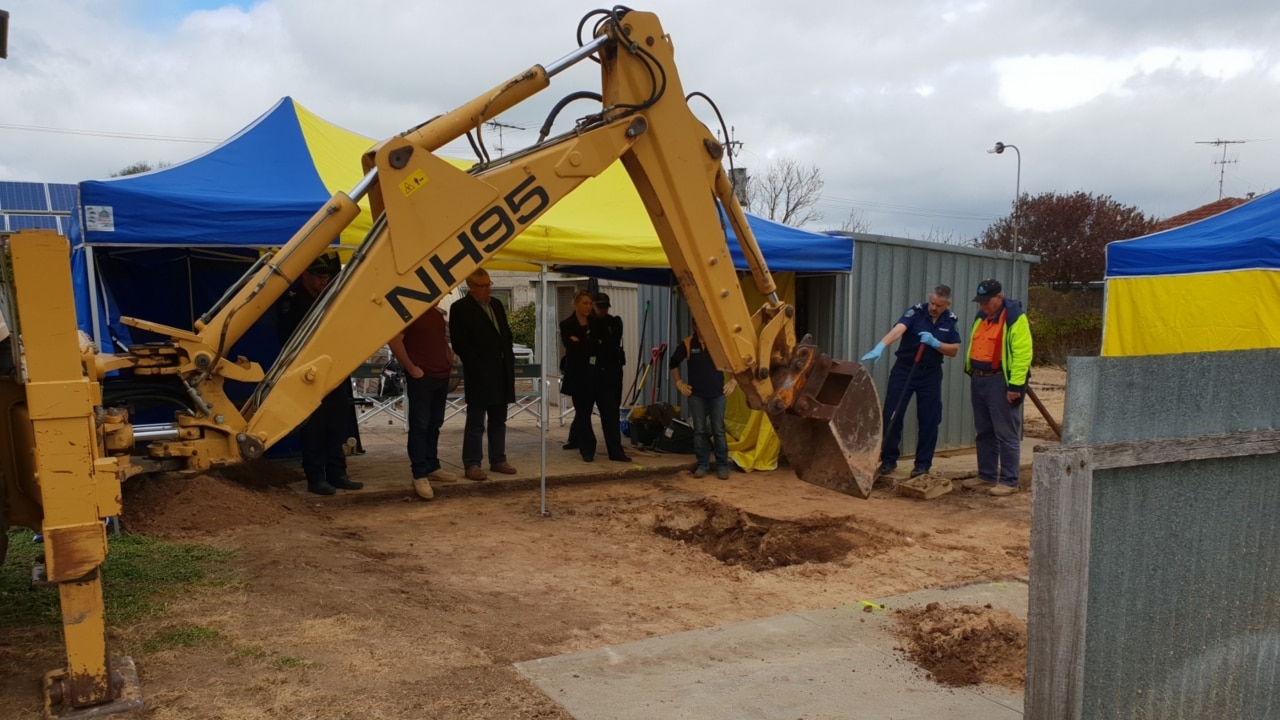
National
Don't miss out on the headlines from National. Followed categories will be added to My News.
- Husband charged with Colleen Adams murder after 45-year search
- One man likely behind Harrison, Hanley, Newton murders
- ‘I am not a serial killer’: Suspect proclaims innocence
- Remains of Dale McCauley found at Second Valley
BESIDES justice, the one thing those touched by murder long for is answers.
For many, the fact the person responsible for taking the life of their loved one remains free and unpunished provokes thoughts of anger and resentment.
They constantly ask police why?
But for others whose loved one has vanished in murderous circumstances their ordeal and grief is compounded.
They constantly ask police where their loved one’s remains are.
The families of victims in such cases live in a twilight zone of uncertainty and despair, unable to advance their grieving process without absolute confirmation of their loss and a funeral.
And sadly, for many who find themselves caught up in such a heartbreaking nightmare this vital step may never come.
Despite the breakthrough in the 45-year old Colleen Adams murder case last week, the blunt reality is many of SA’s cold cases may never be resolved simply because of the passage of time.
It is perhaps the worst enemy of the investigators seeking justice for the victims.
As the years pass, obstacles that can hamper the success in solving the cases increase considerably.
Witness recollections fade or they may even pass away and other evidence can be lost or diminished because it cannot be corroborated.
And in some cases the prime suspect in the case may even pass away, as has already happened with several historic murders.
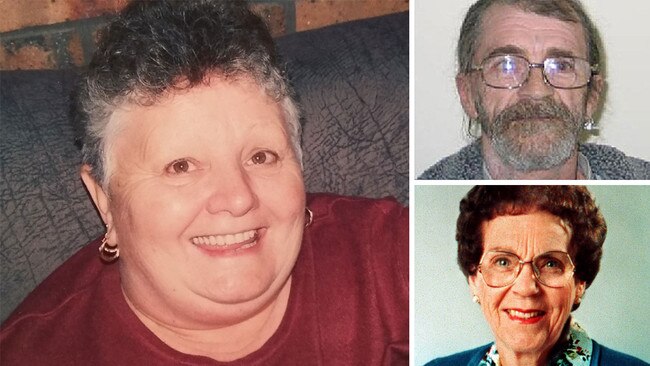
Despite these factors, Major Crime boss Detective Superintendent Des Bray has a simple message to both those who have lost a loved one and those who have taken that life: “we will never give up.’’
“Just because something is difficult or significant time has passed it does not diminish our resolve,’’ he said.
“We will always do our best, but sadly sometimes this does not deliver the result a family would want.’’
The events in Maitland last week are clear evidence of this desire.
The Colleen Adams case was revived under Major Crime’s successful Operation Persist cold case initiative — it is the fifth historic murder to be resolved since it was launched in 2015.
And perhaps even more crucially, Colleen Adam’s remains are the second to be recovered for a grieving family in a historic case.
The first were those of Willunga man Dale McCauley in 2016, some 18 years after he vanished.
That is a factor not lost on the detectives involved in the cold case investigations.
“Often this is more important for the family than having an offender charged with their murder,’’ Detective Supt. Bray said.
“They want someone held accountable, but we can never forget their life has been changed irrevocably forever when someone close to them dies.
“Even if an offender is caught and is jailed, it does not bring their loved one back.
“When there has been no remains recovered, the families hate the thought they are lying out there somewhere.
“They want us to find their loved ones and bring them home.’’
Unfortunately, there are 115 unsolved murders and disappearances in SA, dating back to the 1950s.
Some are notorious child abductions, others sadistic sex killings and many are domestic violence related.
Since Operation Persist, which involves a partnership with the Sunday Mail and Channel 9, was launched in 2015 detectives have closely scrutinised 25 of the unsolved cases.
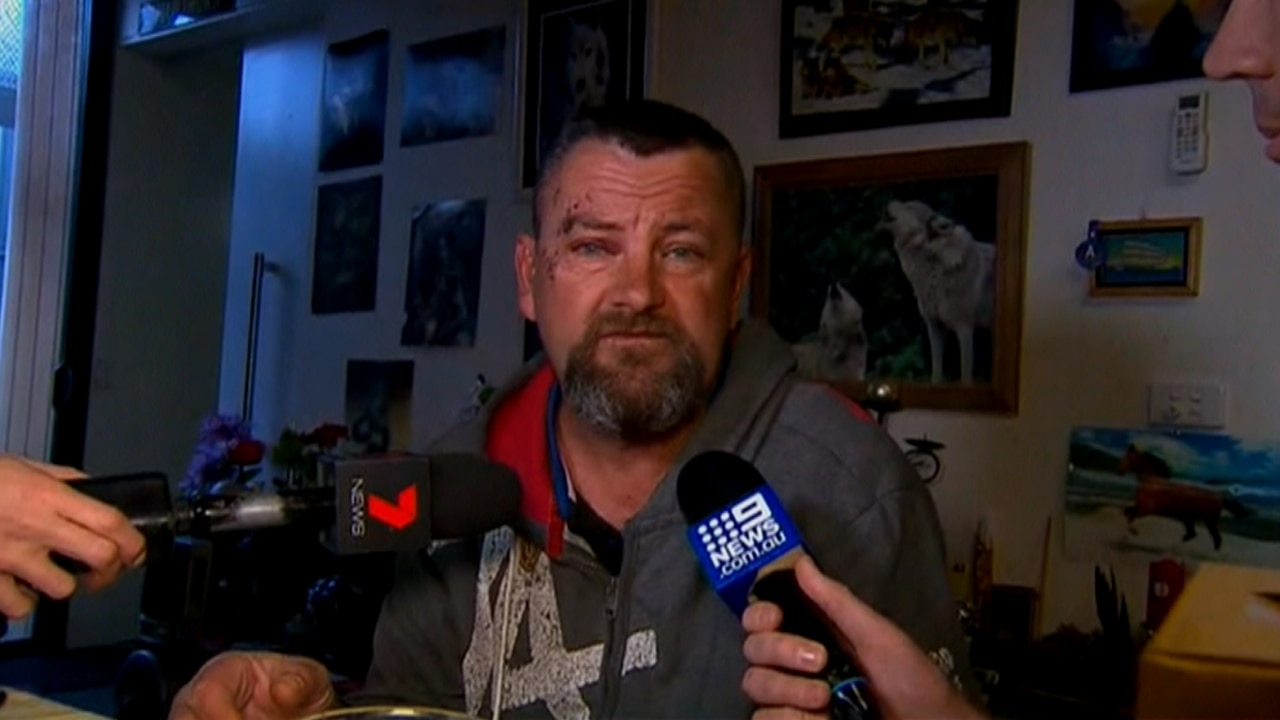
A number, including the murders of grandmothers Phyllis Harrison in 1998, Bev Hanley in 2010 and Mid-North man Martin Meffert in 2005 are in advanced stages of investigation.
Detective Supt Bray said victims’ relatives were well aware of Operation Persist and detectives were careful not to give them false hope because some cases may be unlikely to be solved, despite the renewed efforts.
“Unfortunately despite our best efforts and intentions, the reality remains that these are very difficult cases to now successfully investigate and prosecute,’’ he said.
“We promise families we’ll work hard to deliver the outcome they want, but the sad reality is many cases may remain unsolved for a variety of reasons, including death of crucial witnesses or refusal of others to co-operate.’’
A major component of Operation Persist has involved engaging with the state’s 3,000 or so prisoners.
As part of this strategy playing cards — each featuring an unsolved murder — have been distributed to all prisoners, along with an individual letter outlining benefits available to them if they assist in solving one of the murder cases.
Detective Supt. Bray said “valuable’’ information had been provided by some prisoners in connection with numerous cases.
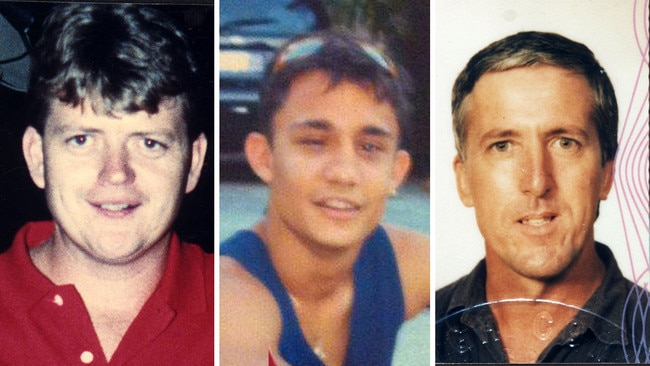
While detectives have been seeking the assistance of prisoners to provide information voluntarily, they have also been using recent legislative amendments to the Correctional Services Act in some instances to try to force co-operation.
Under Section 67 of the Act, the “no body, no parole’’ provision has been expanded to now include ‘‘no co-operation, no parole’’.
Those likely to be captured in this are offenders such as double child killer Dieter Pfennig, sex killer Bevan Spencer von Einem, and those involved in the murder of Cosimo Casteluzzo in 1992 and Paulo Miranda in 2008.
Another initiative to try to solve cold cases is the “corralling’’ of the DNA profiles of almost 250 paroled killers dating back to 1960.
It has also resulted in those targeted being fingerprinted again using the latest technology to compare with evidence — such as partial fingerprints — found at the scenes of unsolved murders.
Once obtained, the parolees’ profiles will be compared with unidentified DNA on the database.
In direct response to the ramped up police investigations, extra resources have been provided to Forensic science SA to fast track the analyses of exhibits for DNA and other evidence.
This has already proved vital in several cases.
Detective Supt Bray said that, historically, 90 per cent of murders committed in the state each year are solved, although for past two years there has been almost a 100 per cent clear-up rate.
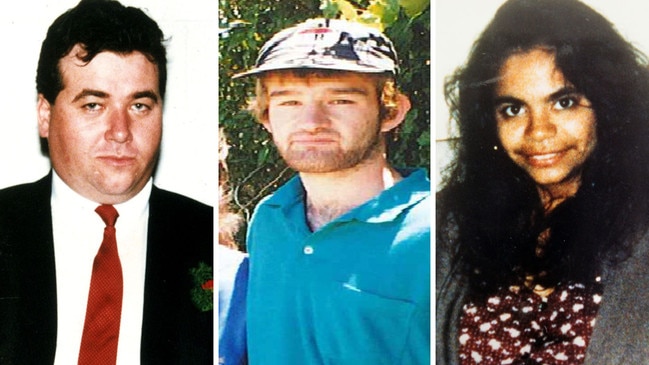
“While it is completely unacceptable to have any murders unsolved, when you look at the cases you can see some are difficult and why they haven’t been solved,’’ he said.
“Overall, we are quite successful in solving them and, likewise, in convicting those we charge. But, over time, they’ve built up, it is the accumulation over many years.
“There are some cases that have been thoroughly investigated by very experienced people, the cases have been reviewed by experienced people and further opportunities have not been able to be found.
“But that doesn’t mean somebody couldn’t come forward on one of those cases tomorrow and you get a small crack that can open and take the investigation to a successful conclusion.
“Just because something is hard, we don’t give up on it and file it.’’
He has a clear message to those who have been living with their murderous secret for many years.
“They can’t undo what they have done in the past,’’ he said.
“There are people around the edges of some of these crimes who have perhaps covered up or withheld information and with our renewed efforts we expect to identify them.
“We expect to unravel the circumstances and we will get to the bottom of a lot of them.’’
Originally published as Top cop’s warning to cold case killers: ‘We will never give up’
